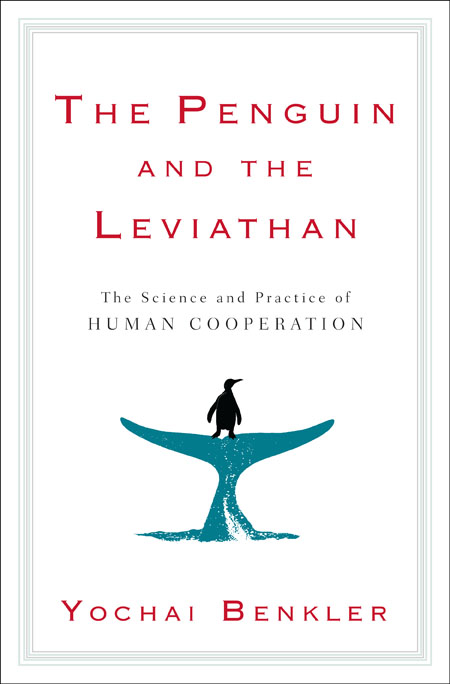Gabriel Tarde: Monadology and Sociology (1893/2012)
Filed under book | Tags: · ontology, philosophy, sociology

Gabriel Tarde’s Monadology and Sociology, originally published in 1893, is a remarkable and unclassifiable book. It sets out a theory of ‘universal sociology’, which aims to explicate the essentially social nature of all phenomena, including the behaviour of atoms, stars, chemical substances and living beings. He argues that all of nature consists of elements animated by belief and desire, which form social aggregates analogous to those of human societies and institutions. In developing this central insight, Tarde outlines a metaphysical system which builds on both classical rationalist philosophy and the latest scientific theories of the time, in a speculative synthesis of extraordinary range and power.
Tarde’s work has only recently returned to prominence after a long eclipse. His work was an important influence on later theorists including Deleuze and Latour, and has been widely discussed in the social sciences, but has rarely been a focus of philosophical interest. The translator’s afterword provides an explication of the key ideas in the text and situates Tarde’s theory within the context of the philosophical tradition, arguing for the importance of the text as a highly original work of systematic ontology, and for its importance for contemporary theoretical debates.
Originally published as Monadologie et Sociologie in Essais et melanges sociologiques, Lyon, A.Storck / Paris, G. Masson, pp 309-389, 1895; which is a reworked and expanded version of an article published in 1893 as ‘Monads and Social Science’ (‘Les Monades et la Science Sociale’), Revue Internationale de Sociologie, vol. 1, no. 2, pp 157-173 and vol. 1, no. 3, pp 231-246.
Edited and translated by Theo Lorenc, with afterword and notes
Publisher Re.press, Melbourne, January 2012
Transmission series
ISBN: 978-0-9808197-2-4
Creative Commons license BY-NC-SA 3.0
105 pages
Éric Alliez, Andrew Goffey (eds.): Guattari Effect (2011)
Filed under book | Tags: · aesthetics, anthropology, deterritorialization, ecology, economics, linguistics, media, media theory, philosophy, politics, psychoanalysis, sociology

“The Guattari Effect brings together internationally renowned experts on the work of the French psychoanalyst, philosopher and political activist Félix Guattari with philosophers, psychoanalysts, sociologists, anthropologists and artists who have been influenced by Guattari’s thought.
Best known for his collaborative work with Gilles Deleuze, Guattari’s own writings are still a relatively unmined resource in continental philosophy. Many of his books have not yet been translated into English. Yet his influence has been considerable and far-reaching. This book explores the full spectrum of Guattari’s work, reassessing its contemporary significance and giving due weight to his highly innovative contributions to a variety of fields, including linguistics, economics, pragmatics, ecology, aesthetics and media theory. Readers grappling with the ideas of contemporary continental philosophers such as Badiou, Žižek and Rancière will at last be able to see Guattari as the ‘extraordinary philosopher’ Deleuze claimed him to be, with his distinctive radical ideas about the epoch of global ‘deterritorialization’ we live in today, forged within the practical contexts of revolutionary politics and the materialist critique of psychoanalysis.”
Publisher Continuum, 2011
ISBN 1441121978, 9781441121974
224 pages
PDF (updated on 2012-7-15)
Academia.edu (added on 2016-3-11)
Yochai Benkler: The Penguin and the Leviathan: How Cooperation Triumphs Over Self-Interest (2011)
Filed under book | Tags: · biology, business, collaboration, economics, floss, neuroscience, politics, psychology, society, sociology, software, technology, web

What do Wikipedia, Zip Car’s business model, Barack Obama’s presidential campaign, and a small group of lobster fishermen have in common? They all show the power and promise of human cooperation in transforming our businesses, our government, and our society at large. Because today, when the costs of collaborating are lower than ever before, there are no limits to what we can achieve by working together.
For centuries, we as a society have operated according to a very unflattering view of human nature: that, humans are universally and inherently selfish creatures. As a result, our most deeply entrenched social structures – our top-down business models, our punitive legal systems, our market-based approaches to everything from education reform to environmental regulation – have been built on the premise that humans are driven only by self interest, programmed to respond only to the invisible hand of the free markets or the iron fist of a controlling government.
In the last decade, however, this fallacy has finally begun to unravel, as hundreds of studies conducted across dozens of cultures have found that most people will act far more cooperatively than previously believed. Here, Harvard University Professor Yochai Benkler draws on cutting-edge findings from neuroscience, economics, sociology, evolutionary biology, political science, and a wealth of real world examples to debunk this long-held myth and reveal how we can harness the power of human cooperation to improve business processes, design smarter technology, reform our economic systems, maximize volunteer contributions to science, reduce crime, improve the efficacy of civic movements, and more.
For example, he describes how:
• By building on countless voluntary contributions, open-source software communities have developed some of the most important infrastructure on which the World Wide Web runs
• Experiments with pay-as-you-wish pricing in the music industry reveal that fans will voluntarily pay far more for their favorite music than economic models would ever predic
• Many self-regulating communities, from the lobster fishermen of Maine to farmers in Spain, live within self-regulating system for sharing and allocating communal resources
• Despite recent setbacks, Toyota’s collaborative shop-floor, supply chain, and management structure contributed to its meteoric rise above its American counterparts for over a quarter century.
• Police precincts across the nation have managed to reduce crime in tough neighborhoods through collaborative, trust-based, community partnerships.
A must-read for anyone who wants to understand the dynamics of cooperation in 21st century life, The Penguin and the Leviathan not only challenges so many of the ways in which we live and work, it forces us to rethink our entire view of human nature.
Publisher Crown Publishing Group, 2011
ISBN 0307590194, 9780307590190
272 pages
PDF (EPUB)
Comment (0)
